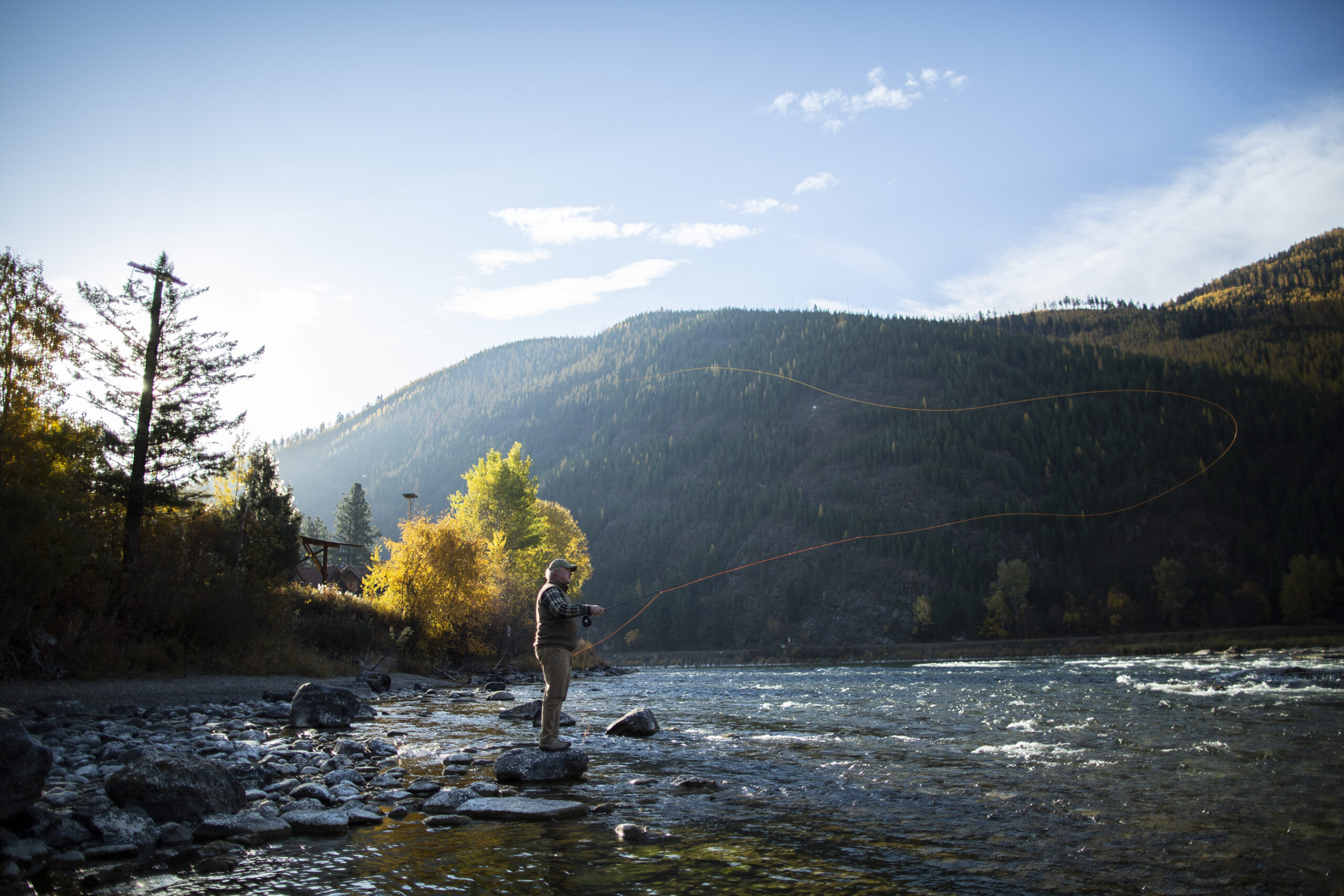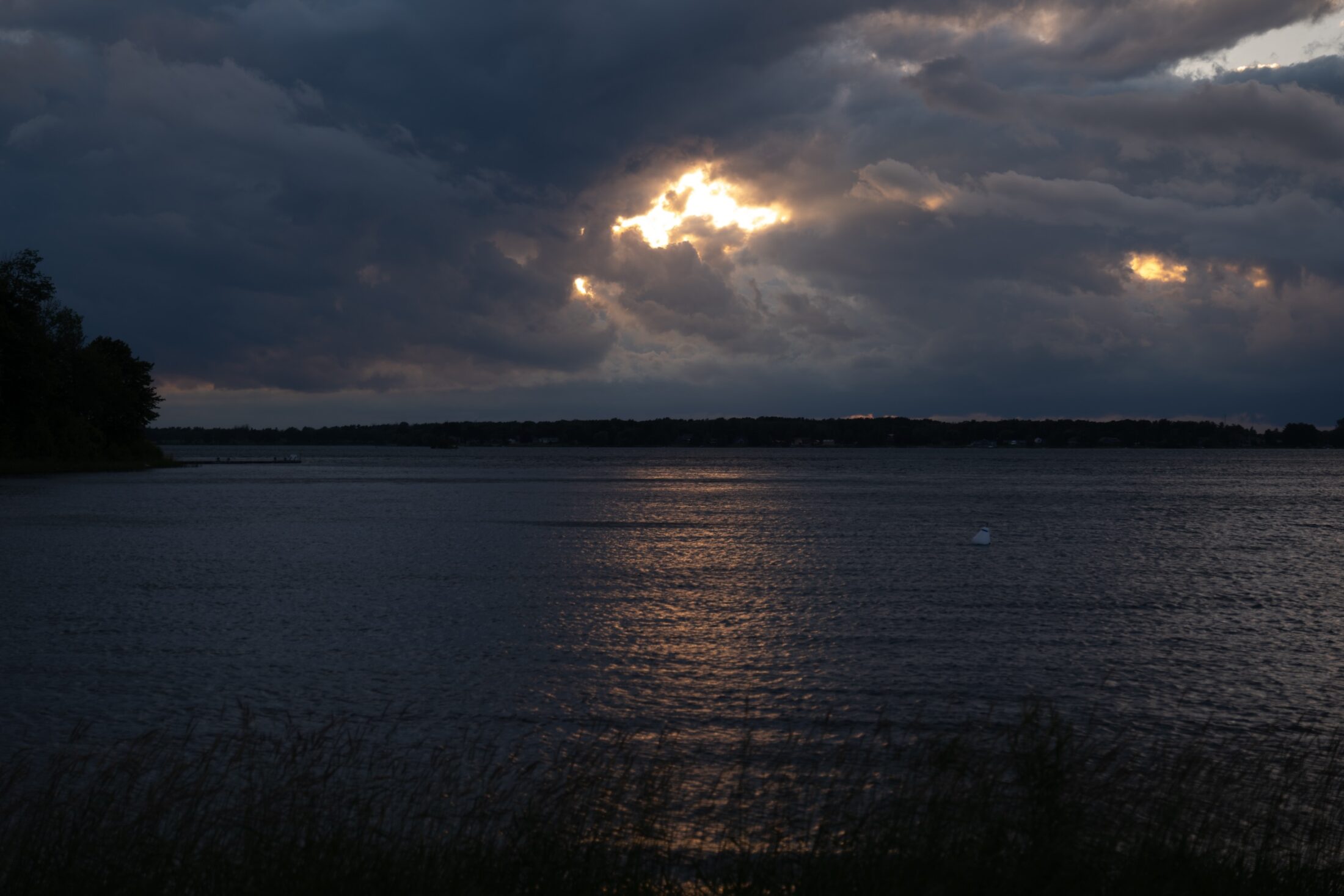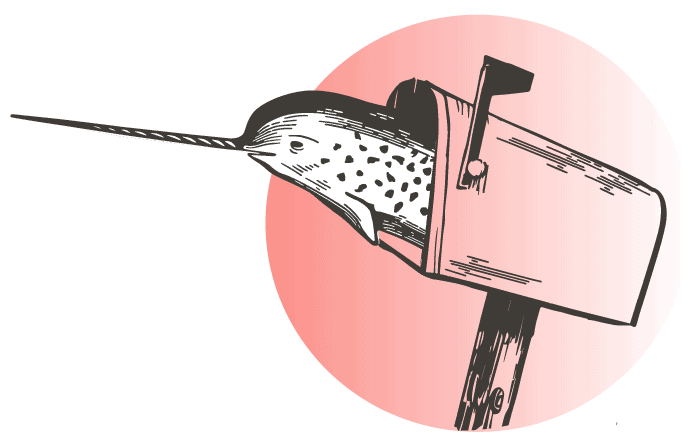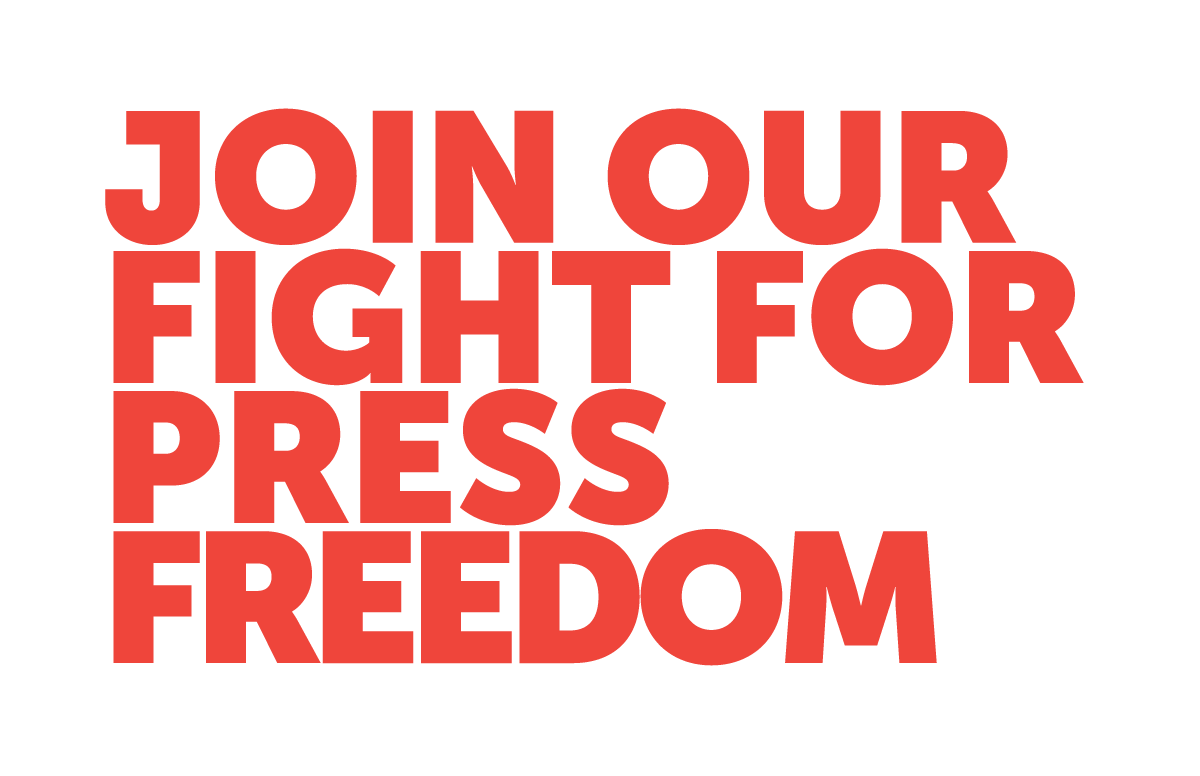Get the inside scoop on The Narwhal’s environment and climate reporting by signing up for our free newsletter.
Candidates for president of the United States address many issues on the campaign trail as they criss-cross the country pitching their policy agendas.
The economy, healthcare and immigration were among the leading topics in the runup to the 2024 election. However, it’s uncommon for a candidate to talk about the availability of water. But that’s what then-candidate and now president-elect Donald Trump did last September while speaking in water-needy California.
He referenced a “large faucet” in British Columbia that could be turned on to bring water to California. Millions of gallons of water would flow from Canadian snowcaps, Trump said, without providing supporting information or a mention of how Canada might see the venture.
Trump’s brazen statement did not go unnoticed by Canada’s Maude Barlow, who has a long career working to preserve and protect water, as an advocate for water justice.
Barlow was a senior adviser to the president of the United Nations General Assembly, and in 2010 was widely recognized as the driving force behind the U.N.’s declaration of water as a human right. In 2014, Barlow led a convoy from Windsor, Ont., to Detroit, Mich., to deliver water to residents whose water was shut off for the inability to pay.
A prolific author, her 2019 book, Whose Water Is It, Anyway makes the case for keeping control of water in public hands.
Should Canada dismiss Trump’s water statements as rhetoric, or take them seriously?
“Trump’s statement should not be dismissed, especially with the fact that since making it, Trump has talked about annexing Canada as the 51st state and said Canada’s resources plus U.S. military strength would make a great combination,” Barlow said.
Canadians are taking Trump’s desire for Canada’s water seriously, according to Barlow, who added in the 1980s there were discussions about exporting water from Canada, and they were not well received. Plus, conservation allies in the U.S. were opposed to taking Canada’s water, saying it’s important to live within our given water resources, said Barlow.
Canadians tend to be generous, according to Barlow, and would share water when needed. But when it comes to commercial export of water, “there will be fierce reactions from Canadians of all stripes,” she said. “Even people not particularly interested in politics.”

Canada’s federal election adds to political uncertainty around relationship with U.S.
Canadian Prime Minister Justin Trudeau recently announced he will step down in March, meaning Canadians will have new leadership that must manage the relationship with the U.S. and Trump. That includes, in addition to the potential export of water, Trump’s threats of a 25 per cent tariff on Canadian exports, and his aggressive statements — such as referring to Canada as the 51st state.
Great Lakes Now asked Barlow how a new government in Ottawa might react to Trump’s pitch for water. Barlow reiterated that “people on the street, be they on the left or right politically, don’t want our water sold for export.”
But she expressed mistrust of the potential leading Conservative candidate for prime minister, Pierre Poilievre, who Barlow said isn’t talking about the issue. And Barlow is also fearful that the business community might offer up Canada’s resources to ward off the threat of tariffs.
“I have no faith that the business community and this Conservative Party will refrain from offering up Canadian water,” Barlow said.
Global perspective on access to water
Based on her U.N. tenure, Barlow said water can be a source of conflict, including violence.
“However water can be a source of peace, where we acknowledge disagreements but where we come together,” Barlow said.
For a broader perspective on water relations between the U.S. and Canada, Great Lakes Now asked ConservAmerica advisor Rob Sisson to comment on president-elect Trump’s desire for Canadian water.
Sisson, a Republican, served as a Trump appointee to the International Joint Commission from 2019-2024. The commission consists of U.S. and Canadian commissioners and advises the two countries on transboundary water policy.
Sisson approached the issue from a global perspective.
California is the fifth largest agricultural producer in the world and is reliant on irrigation to meet water demands, according to Sisson. “It is a matter of national security, food security and human health that we find a path forward to ensure water security there,” Sisson told Great Lakes Now.
And Sisson sounded the alarm on the potential for water scarcity in other regions of North America, including the Great Lakes.
“Water scarcity, which has been a life-threatening issue in Asia and Africa, now looms over us,” Sisson said. “We need the best and brightest minds in science, engineering and diplomacy tackling the problem.”
Great Lakes Now asked Barlow for her advice as the political issues play out for people in the Great Lakes region — from cities like Ottawa, Detroit and Chicago to water justice communities like Benton Harbor and Flint and Indigenous communities like Six Nations of the Grand River in Ontario.
“Remember that we are family,” Barlow said.
She added that there isn’t a thing that happens in the U.S. that Canadians don’t care about.
“We are connected in history, geography and our shared cultures. We have differences certainly but we have so much more in common,” Barlow said.
Updated on Jan. 22, 2025, at 1:43 p.m. ET: This article has been updated to correct Rob Sisson’s position with ConservAmerica as an advisor, not president, as a previous version stated.


